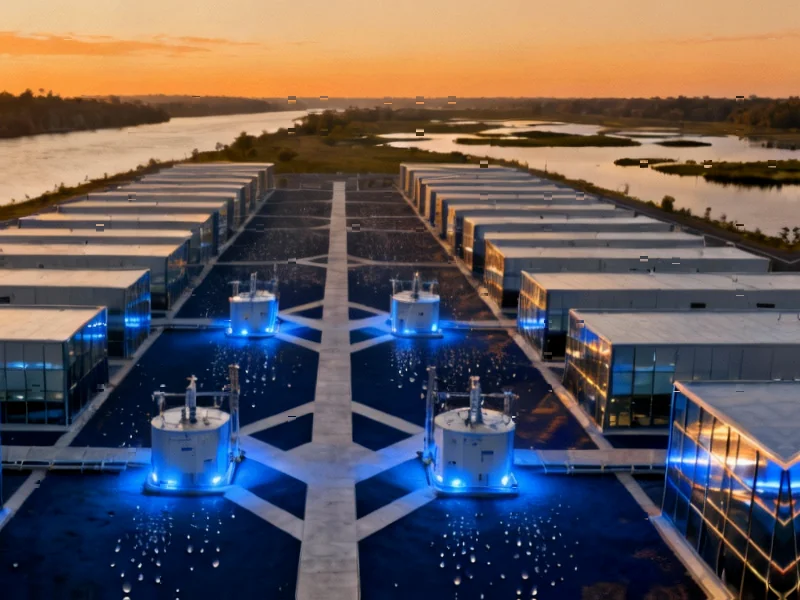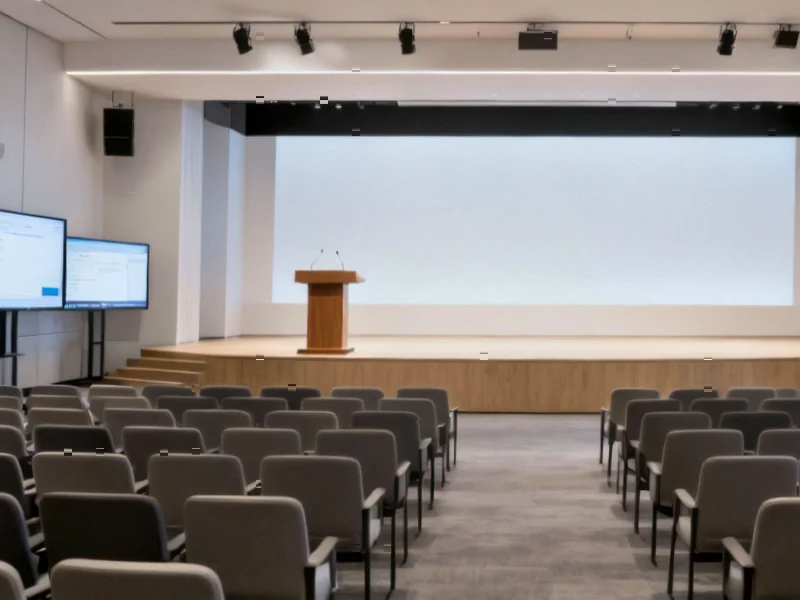According to EU-Startups, the FutureTravel Summit 2025 brought together nearly 500 travel innovators in Barcelona on October 30 at the Antigua Fábrica Estrella Damm, where German startup ReLUGG won the €350,000 pitch competition prize. The luggage compensation platform, founded in 2024, provides instant compensation and delivers essentials to passengers within 30 minutes of landing when luggage is delayed or missing. The judging panel included Michael Morvan of ROCH Ventures, Andrea Oliver from Nauta Capital, Jose Gaytan de Ayala representing Kinnevik, and Elena Ruiz Requena of Amadeus Ventures, with the vote described as exceptionally close among the ten competing startups. ReLUGG’s business model charges airlines per passenger served without upfront costs, integrating directly with airline systems for seamless activation and eligibility checks. This victory at one of Europe’s premier travel technology events signals a fundamental shift in how the industry approaches passenger pain points.
The Instant Gratification Economy Comes to Travel
ReLUGG’s victory isn’t just about solving luggage problems—it represents the travel industry’s belated embrace of the instant resolution economy that has transformed other sectors. While consumers have grown accustomed to immediate solutions in retail, food delivery, and banking, travel has remained stubbornly slow to address problems in real-time. The traditional approach of filing claims, waiting days for responses, and navigating complex reimbursement processes has created a massive gap between passenger expectations and industry capabilities. ReLUGG’s 30-minute delivery promise for essentials and instant compensation model directly addresses this gap, setting a new standard for how travel disruptions should be handled. As travel technology continues to evolve, this instant resolution approach will likely become the baseline expectation across all travel disruption categories.
The Airline Partnership Model: A Sustainable Path Forward
What makes ReLUGG’s approach particularly noteworthy is its B2B2C model that positions airlines as partners rather than adversaries. Traditional travel disruption solutions often pit service providers against airlines in a zero-sum game where someone must absorb the cost. By charging airlines per passenger served with no upfront costs, ReLUGG creates alignment between customer satisfaction and airline operational efficiency. This model transforms luggage compensation from a cost center into a customer retention tool, potentially reducing the significant brand damage airlines suffer from baggage handling failures. The direct integration with airline systems suggests this isn’t just another third-party service but rather an embedded solution that could become standard operational infrastructure, much like how cloud platforms have become essential backend components for modern businesses.
Venture Capital’s Pivot Toward Practical Over Pie-in-the-Sky
The exceptionally close vote among top-tier VCs signals an important shift in travel technology investment priorities. Rather than betting on futuristic concepts or massive platform plays, investors are showing increased appetite for targeted solutions to well-defined, high-frequency problems. The luggage delay issue affects millions of travelers annually, creating immediate revenue opportunities rather than requiring market education or behavior change. This practical approach reduces go-to-market risk and accelerates revenue generation—key considerations in today’s more cautious investment climate. The presence of Amadeus Ventures on the judging panel is particularly telling, as strategic corporate investors increasingly seek solutions that can integrate directly with existing travel infrastructure rather than requiring wholesale industry transformation.
The Scaling Challenge: From Winner to Industry Standard
While ReLUGG’s concept is compelling, the real test lies in scaling across multiple airlines with varying legacy systems and operational processes. The travel industry’s fragmentation means that integration complexity increases exponentially with each new airline partner. Success will depend on maintaining the promised 30-minute delivery standard across different airports, regulatory environments, and operational constraints. Additionally, as the model proves successful, expect rapid competition from both startups and established travel technology providers looking to expand their service offerings. The operational coordination required to deliver consistent performance will separate sustainable businesses from flash-in-the-pan concepts, particularly as expansion moves beyond initial pilot programs.
Beyond Luggage: The Ripple Effect Across Travel Pain Points
ReLUGG’s victory will likely catalyze innovation across other travel disruption categories. The same instant resolution logic could apply to flight delays, cancellations, hotel overbookings, and rental car issues. We’re likely to see a wave of startups applying similar real-time problem-solving approaches to different aspects of the travel experience. The key differentiator will be which companies can build the necessary operational infrastructure to deliver on their promises consistently. As customer experience platforms become more sophisticated, the expectation for immediate resolution will extend beyond luggage to encompass the entire travel journey, creating both challenges and opportunities for established players and newcomers alike.
The Coming Decade: From Reactive to Predictive Problem-Solving
Looking forward, the ultimate evolution beyond ReLUGG’s reactive model will be predictive problem-solving that addresses issues before passengers even experience them. The next generation of travel technology will leverage AI and data analytics to anticipate disruptions and automatically trigger solutions—imagine receiving compensation and alternative arrangements before your flight even lands if the system predicts baggage handling delays. This proactive approach represents the natural progression from today’s instant resolution models. As travel becomes increasingly digitized and connected, the industry’s ability to move from fixing problems to preventing them will define the next wave of successful travel technology companies and determine which players lead the market through 2030 and beyond.





Your article helped me a lot, is there any more related content? Thanks!